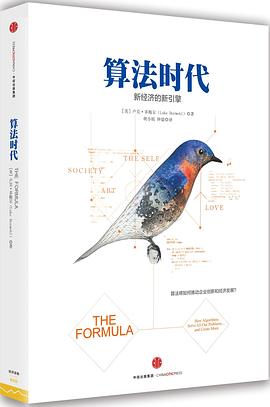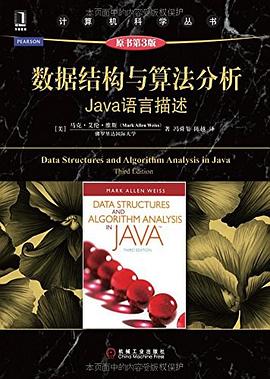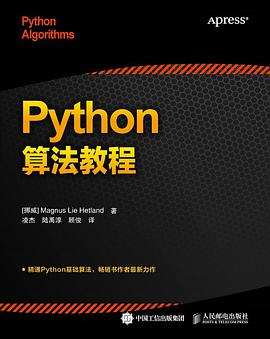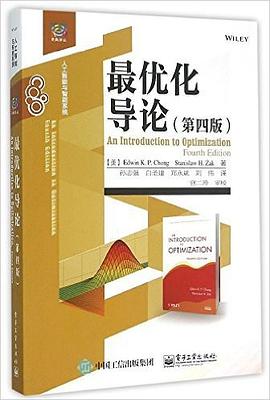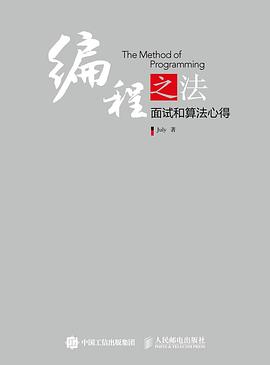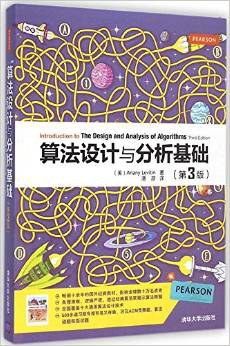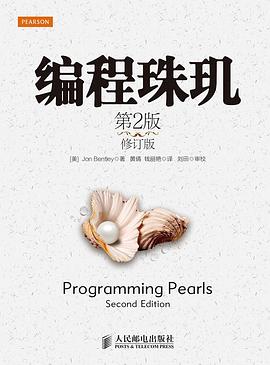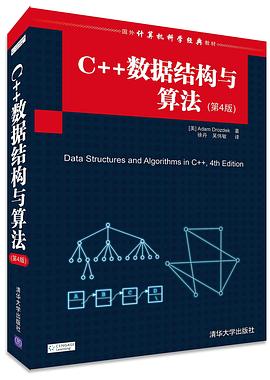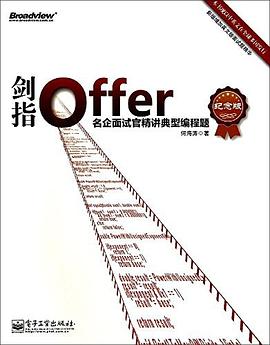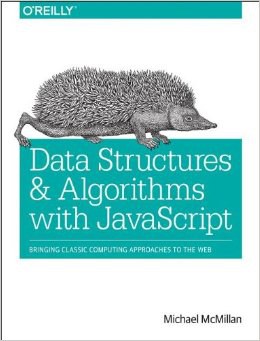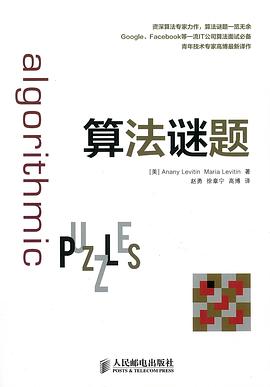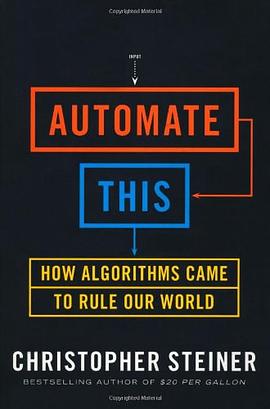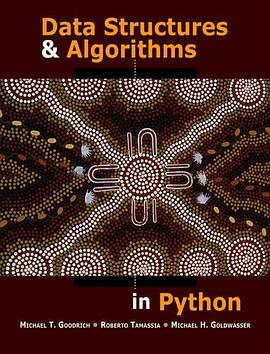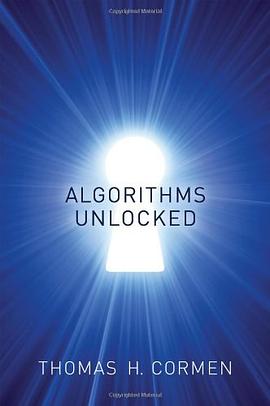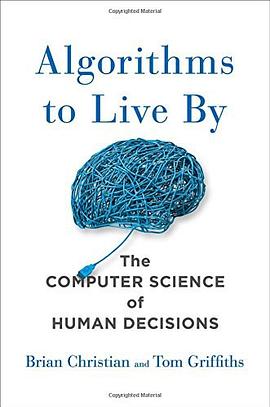

具體描述
About the Author
Brian Christian is the author of The Most Human Human, a Wall Street Journal bestseller, New York Times editors’ choice, and a New Yorker favorite book of the year. His writing has appeared in The New Yorker, The Atlantic, Wired, The Wall Street Journal, The Guardian, and The Paris Review, as well as in scientific journals such as Cognitive Science, and has been translated into eleven languages. He lives in San Francisco.
Tom Griffiths is a professor of psychology and cognitive science at UC Berkeley, where he directs the Computational Cognitive Science Lab. He has published more than 150 scientific papers on topics ranging from cognitive psychology to cultural evolution, and has received awards from the National Science Foundation, the Sloan Foundation, the American Psychological Association, and the Psychonomic Society, among others. He lives in Berkeley.
A fascinating exploration of how insights from computer algorithms can be applied to our everyday lives, helping to solve common decision-making problems and illuminate the workings of the human mind
All our lives are constrained by limited space and time, limits that give rise to a particular set of problems. What should we do, or leave undone, in a day or a lifetime? How much messiness should we accept? What balance of new activities and familiar favorites is the most fulfilling? These may seem like uniquely human quandaries, but they are not: computers, too, face the same constraints, so computer scientists have been grappling with their version of such issues for decades. And the solutions they've found have much to teach us.
In a dazzlingly interdisciplinary work, acclaimed author Brian Christian and cognitive scientist Tom Griffiths show how the algorithms used by computers can also untangle very human questions. They explain how to have better hunches and when to leave things to chance, how to deal with overwhelming choices and how best to connect with others. From finding a spouse to finding a parking spot, from organizing one's inbox to understanding the workings of memory, Algorithms to Live By transforms the wisdom of computer science into strategies for human living.
用戶評價
##上當瞭,騙子東抄西湊攢的垃圾,懷疑丫用搜索引擎寫的,看作者努力過,兩星夠瞭。
評分##這本書,算法科普得並不清楚,結閤生活的部分又很囉嗦。不過這個思路是值得肯定的。有時候編程的時候知道用算法,一到生活中就忘瞭用。比如第3章“排序”,就提到讓東西亂糟糟的有時反而是最高效的。編程的時候都知道,如果以後不搜索或極少搜索,那就沒必要排序。但生活中有時...
評分 評分 評分##其實到不瞭 live by 的程度,但是我仍然覺得這本書用對瞭倍鏡。它離生活智慧和書本算法都足夠遠,站在瞭中間點。你當然不能得到什麼中彩票的秘訣,也沒看到常青藤級彆的計算機課程。雖然目錄看上去越來越像教科書,但讀者能得到的是一種生活觀:生活並不凡庸,尋常瑣事皆有解。“But this doesn’t mean that bad equilibria can’t be fixed. It just means that the solution is going to have to come from somewhere else.” 在坐地抱怨哭鬧前,先持續得找解方案,一直找下去也比就此認定一切都是雞毛和傻逼然後走上如何精緻得撒謊撕逼再裝作毫不在乎強。
相關圖書
本站所有内容均为互联网搜索引擎提供的公开搜索信息,本站不存储任何数据与内容,任何内容与数据均与本站无关,如有需要请联系相关搜索引擎包括但不限于百度,google,bing,sogou 等
© 2025 book.tinynews.org All Rights Reserved. 静思书屋 版权所有

